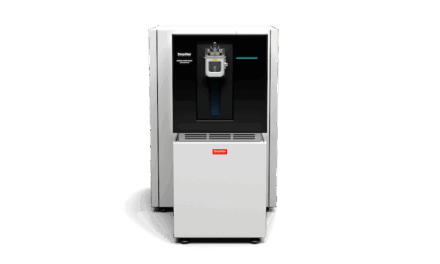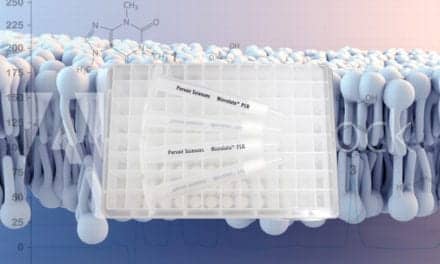Summary:
Roche has received CE mark approval for its cobas Mass Spec solution, including the cobas i 601 analyzer and Ionify reagent pack, marking the first milestone in its global launch to bring automated, integrated, and standardized clinical mass spectrometry testing to routine laboratories worldwide.
Takeaways:
- Enhanced Diagnostics: The cobas Mass Spec solution aims to make fully standardized clinical mass spectrometry widely available, potentially improving patient care by allowing earlier detection of subtle therapeutic changes.
- High Specificity and Sensitivity: Mass spectrometry, known for its high specificity, sensitivity, and accuracy, is considered the diagnostic “gold standard” for various clinical tests, including hormone and drug monitoring.
- Sustainable and Automated: Roche’s new proprietary chemistry technology enables commercial automation of mass spectrometry with an environmentally sustainable workflow, addressing previous challenges of complexity and variability in lab testing.
Roche announced that it has received CE mark approval for its cobas Mass Spec solution including the cobas i 601 analyzer and the first Ionify reagent pack of four assays for steroid hormones2. The CE mark is the first milestone in the global launch of the cobas Mass Spec solution, using in-house innovation to bring automated, integrated and standardised clinical mass spectrometry testing to routine laboratories worldwide. Following launch, the cobas Mass Spec solution will roll out a menu offering of more than 60 analytes for testing of steroid hormones, vitamin D metabolites, immunosuppressant drugs (ISD), therapeutic drug monitoring (TDM) and drugs of abuse testing (DAT).
“The cobas Mass Spec solution will fundamentally change the field of clinical diagnostics,” says Matt Sause, CEO of Roche Diagnostics. “The solution would make fully standardized clinical mass spectrometry more broadly available with the potential to improve patient care worldwide. For example, in breast cancer patients receiving hormone therapy, mass spectrometry can help physicians detect subtle changes in therapeutic response earlier, allowing for timely adjustments to treatment.”
Mass Spectrometry has High Specificity, Sensitivity, and Accuracy
The high specificity, sensitivity and accuracy of mass spectrometry is considered the diagnostic “gold standard” for various clinical situations, for example measurements of steroid hormones in endocrinology, vitamin D testing, the monitoring of immunosuppressants and therapeutic drugs. Examples of how mass spectrometry can benefit healthcare systems include the effective and responsible use of antibiotics and ongoing monitoring of disease progression and treatment. The high specificity of testing can provide greater levels of clarity to physicians, enabling more timely treatment decisions for patients.
New, proprietary chemistry technology developed by Roche makes commercial automation possible, with a workflow that is much more environmentally sustainable than current methods, according to the company. Until now, mass spectrometry has only been offered by specialist laboratories due to the low level of automation, integration and standardization and the high complexity of the workflows that require highly skilled operators. This has resulted in great variability between different laboratories and long processing times.
The cobas Mass Spec solution will be part of Roche’s established cobas pro integrated solutions which allows for full integration into clinical chemistry and immunochemistry testing as well as lab automation and IT.
Featured Image: Fully automated, integrated and standardized: the cobas Mass Spec solution. Photo: Roche
References
[1] Hristova, J., & Svinarov, D. (2022). Enhancing precision medicine through clinical mass spectrometry platform. Biotechnology & Biotechnological Equipment, 36(1), 107–117. https://doi.org/10.1080/13102818.2022.2053342
[2] Notified Body 0123





